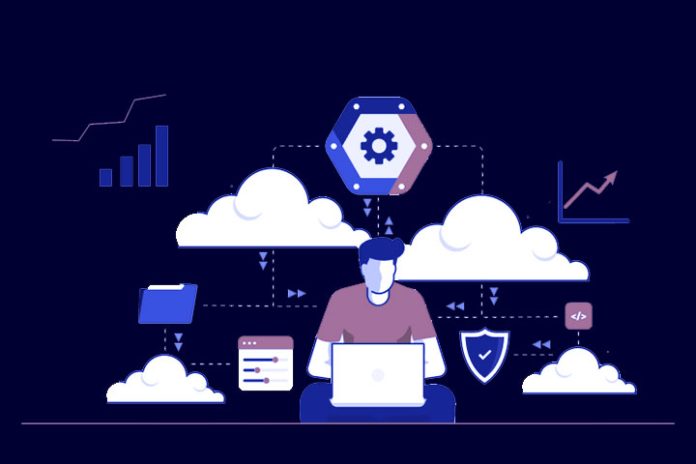Often, the best way to find answers is to ask yourself the right questions, even when choosing an ERP management system for the company.
What types of ERP exist?
First, it is worth clarifying which processes need to be improved to know precisely what to ask of the system. There may often be a need to adopt a vertical solution, that is, specific to one’s sector of activity. A solution of this type can evolve at the company’s pace (which is why management systems with flexibility and scalable modularity are so helpful).
What are the best cloud management systems?
To have a good trip, you need a good company, so before making any investment, it is good to ask yourself if the company chosen as a technological partner meets the characteristics of reliability, capacity and competence and can provide the appropriate updates.
What is the best solution for my company?
It will be the end user, that is, the company, who decides the level of ease of use of the management system and requests certain features (intuitive interface, actual usability, possibility of monitoring activity with performance indicators, interoperability, compatibility with corporate and security, etc.).
Therefore, choosing the perfect management system for the company is not easy, nor is the transition from the old management system to the new ERP, which must always be approached carefully and not hastily. It is no coincidence that most companies perceive the change to a new management system as unpleasant.
And yet, there is no doubt about success: a state-of-the-art management system suitable for supporting the organization makes a difference and guarantees simplicity, scalability, standardization, security and effectiveness. And there is no possible debate there. Having to deal, on the one hand, with an increasing amount of information that must be managed efficiently and quickly and, on the other, with the need to reduce or, better yet, eliminate waste, redundancies and errors, Choosing a new management system is an obligation that often cannot be postponed. But how do you choose an ERP? And why is the most common option today, the cloud management system?
Also Read: The Function Of Parameterization Within An ERP
From local ERP to cloud ERP
There is a before and after in the world of business management systems. It is not that the history of ERP is devoid of essential transitions and evolutions. Let’s think about the arrival of the first multifunctional ERPs at the beginning of the 90s or the addition of complementary modules in the 2000s. However, it was in 2014 that everything changed, with the arrival of management systems in the cloud to support and progressively replace locally installed ERPs.
Before, there were no options: the management system was installed on the company’s local servers, with all the pros and cons. Then came the possibility of having an ERP in the cloud, where the program is hosted in a data centre that users can access from anywhere.
The advantages of cloud management systems
When we talk about a local management system, we are talking about a range of resources owned by the company, which acquires the corresponding licenses and contracts for installing the programs. In these cases, the company is responsible for technical maintenance and updates necessary for correct operation.
Cloud management is different: it does not require installation but simply a connection since the processes are not locally but in a remote computing centre. When you move to the cloud, you give up ownership in favour of simplicity and quality.
That is why ERP in the cloud connects all business processes, allowing the user to have access from any device, inside and outside the company: it is the ideal solution for large companies that seek flexibility, but also for SMEs that do not have as many resources, financial and technical, to dedicate to the purchase and maintenance of an ERP.
How to choose the most suitable cloud management system for your company?
Once you decide to bet on the advantages of a cloud management system, the next step is to understand which cloud ERP is best for your company. Of course, it is advisable to opt for vertical ERPs since they can cover all the company’s needs. At the same time, a horizontal management system will hardly be able to cover all the necessary areas correctly.
It is also essential to assess how intuitive the user interface is since it must precisely allow for simple and immediate use. Today, the management system must be accessible from any device and modular and scalable to better adapt to the company’s reality, paying only and exclusively for what is needed without spending a euro more than what is needed. Necessary.
Also Read: All The Advantages Of The Cloud

